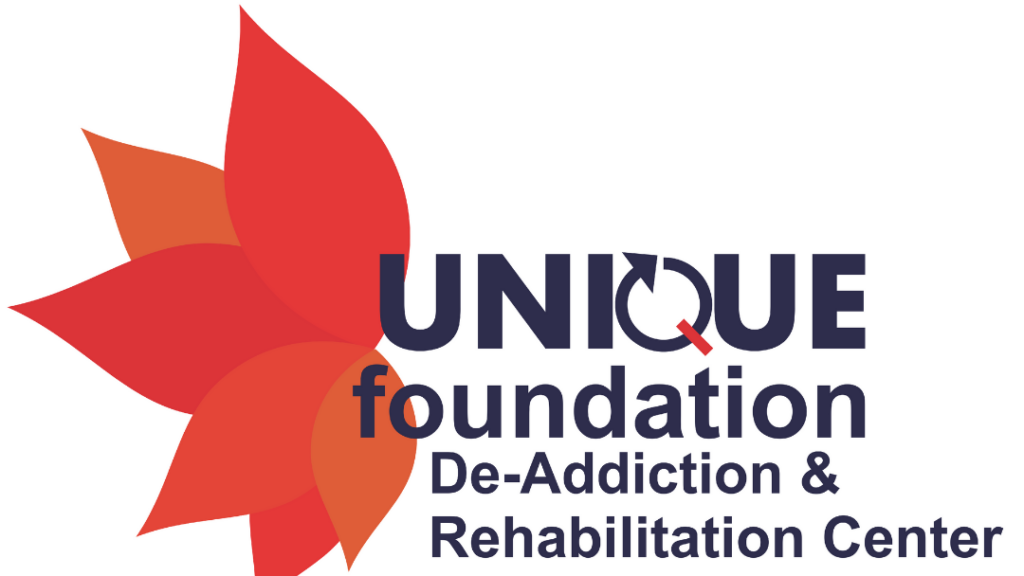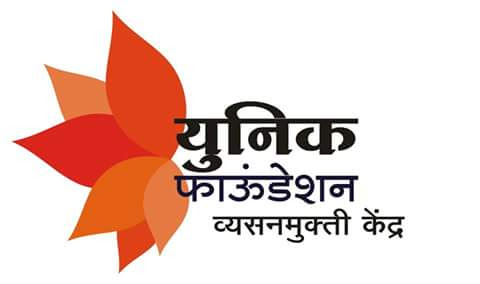Follow Up Program

Continued Counseling or Therapy: Regular sessions with counselors or therapists to address ongoing challenges, triggers, and mental health issues. This could include individual therapy, group therapy, or family therapy sessions.
Support Groups: Participation in support groups like Alcoholics Anonymous (AA), Narcotics Anonymous (NA), or other specialized groups that provide a supportive environment for individuals in recovery.
3.Education and Skill-Building Workshops: Conducting workshops on life skills, coping mechanisms, stress management, and relapse prevention strategies. These aim to equip individuals with the tools needed to maintain sobriety in everyday life.
4.Medical Follow-ups: Regular medical check-ups and consultations to monitor physical health and address any health concerns that may arise during the recovery process.
5.Relapse Prevention Planning: Creating personalized plans to prevent relapse by identifying triggers, developing coping strategies, and building a strong support network.

